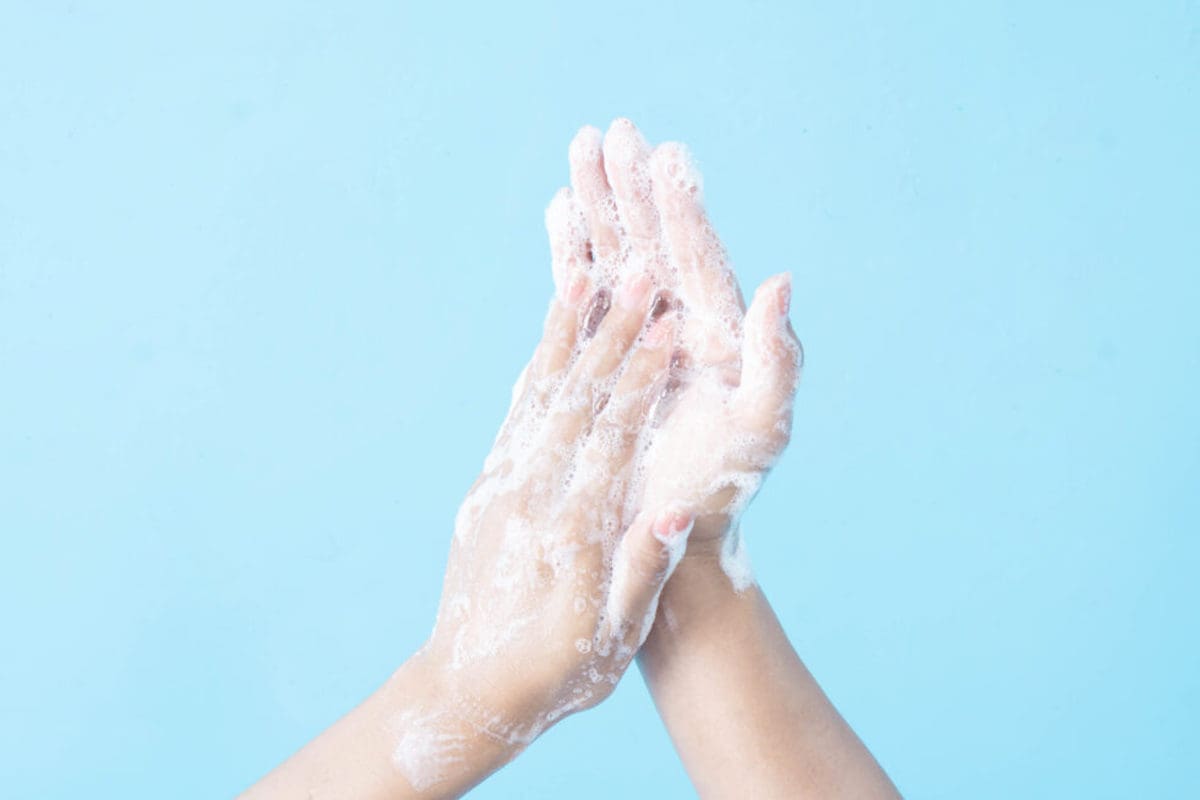It sounds almost too easy, but good hand hygiene truly is the best way to avoid common viruses and bacteria. Hand hygiene – whether you’re washing your hands or using hand sanitizer – is the single most effective way to fight the spread of infection and disease.
In recognition of World Hand Hygiene Day, 5 May we ask Conjoint Associate Professor Carolyn Hullick who is Acting Chief Medical Officer, Australian Commission on Safety and Quality in Health Care all your FAQs – from, “How often should I wash my hands?” to “When is hand sanitizer better than handwash?”
“Washing your hands or using alcohol-based handrub really can make a difference by reducing your risk of infection,” says Conjoint Associate Professor Hullick. “You will definitely improve your chance of staying healthy if you practice good hand hygiene and avoid touching your face, including eyes, nose and mouth, which spreads germs.”
Hand hygiene is crucial regardless of where we are in the COVID-19 cycle because it is the single most effective way to prevent the spread of germs and disease. It prevents the spread of influenza, gastroenteritis and COVID-19. The pandemic shone a spotlight on personal hygiene, particularly handwashing, but it’s vital we keep reminding people to do it regularly because it’s such an easy way to fight germs.
Best handwashing steps
The best way to clean your hands is to use an alcohol-based handrub for all situations where your hands are visibly clean. Wash your hands with soap and water when they are visibly dirty or contaminated with or visibly soiled with blood or other body fluids, and after using the toilet. Washing with soap and water is also recommended if you have gastroenteritis or are helping to care for someone with gastro.
DOWNLOAD: HANDWASHING PROCEDURE POST
5 points of handwashing for health professionals
Moment 1 – Before touching a patient.
Moment 2 – Before a procedure.
Moment 3 – After a procedure or body fluid exposure risk.
Moment 4 – After touching a patient.
Moment 5 – After touching a patient’s surroundings.
Why is handwashing important during flu season?
Hand hygiene always reduces the risk of germs spreading between people and from surfaces to people. Hand hygiene complements other ways to reduce the spread of respiratory illnesses, including vaccination against COVID-19 and influenza, covering coughs and sneezes with a tissue or your inner elbow, placing used tissues in the bin immediately, and staying home away from other people when you are not well. You can also protect yourself and others by wearing a mask in public places and on public transport – especially if you have respiratory symptoms and you must go out. Take a look at our Break The Chain of Infection poster to understand how you can protect yourself and others
Related Posts
When should I wash my hands or clean with hand sanitiser?
Hand hygiene matters all the time. Diseases including COVID-19 and influenza continue to circulate in the community. Hand hygiene also helps prevent the spread of other infections, such as gastroenteritis. It is a basic personal hygiene habit and important for food safety. Everyone needs to do hand hygiene, especially:
- Before preparing, eating, or touching food
- Before touching your eyes, nose or mouth
- After eating or touching food
- After going to the toilet
- After blowing or wiping their nose
- After sneezing or coughing
- After touching animals
- After outdoor activities
- Whenever your hands look dirty
- Before helping others with eating or drinking or personal care.
How often should I clean my phone and computer keyboard?
Phones and all frequently used pieces of equipment, such as computers, should be cleaned regularly as recommended by the manufacturer. Remember to wash your hands before using your phone if you have been to the toilet or been coughing, sneezing or blowing your nose.
Watch below WHO video on how to handwash with soap and water
Helpful resources
Hand hygiene for children and carers

